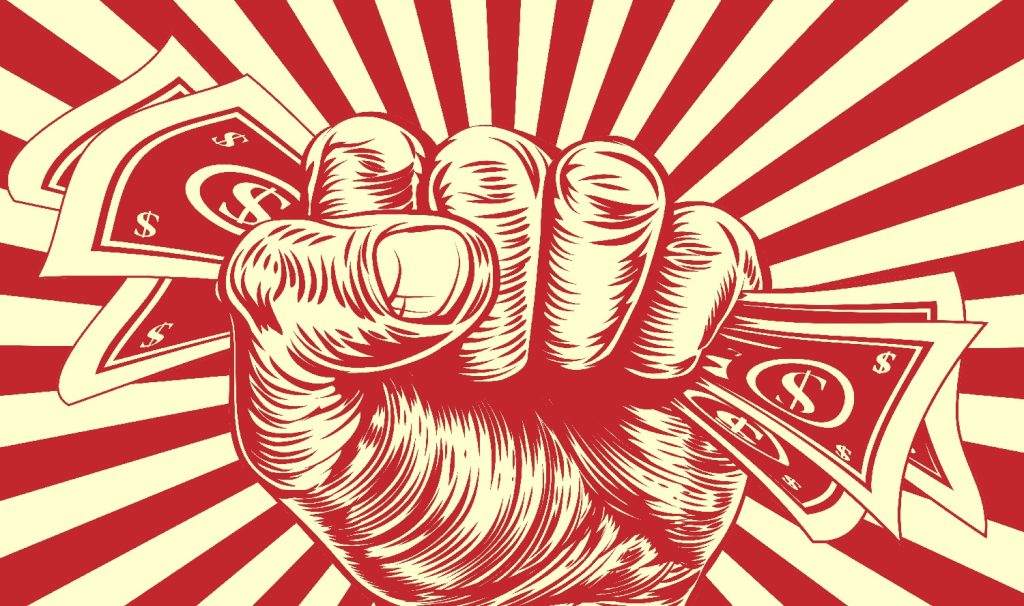People don’t declare bankruptcy for the fun of it. Bankruptcy results from a financial hardship from which a person cannot recover within a reasonable amount of time. Lots of circumstances can lead to personal bankruptcy. Here are the top 7 reasons people declare bankruptcy.

Job loss
Unemployment benefits simply do not cover living expenses. Losing a job can leave you unable to meet your ongoing monthly obligations, which can lead to bankruptcy. You may expect to find new employment quickly. But you should not deplete your savings paying off unsecured creditors if you will eventually discharge those debts in bankruptcy.
Foreclosure
Bankruptcy stops any scheduled foreclosure auction. If you have fallen behind on your mortgage but have regained the means to make your monthly payment, Chapter 13 allows you to propose a plan to repay the missed payments over five years. If you cannot afford the monthly payment, Chapter 7 allows you discharge the mortgage and move on with your life.
Drop in income
Perhaps your employer has reduced your hours, or reduced your hourly rate, or cut your annual salary. Maybe you have taken on a job that pays less. Or your income may decrease if you lose a tenant renting your property, or if a tenant decides to stop paying rent. A drop in income can lead to bankruptcy if your income does not allow you to pay your monthly bills. Living paycheck to paycheck doesn’t leave enough room for investment, savings, paying down debt — or for real emergencies.
Divorce
Divorce, too, can lead to a decrease in household income. The process of legally divorcing can itself also be very costly. And assets are not always equitably divided. Divorced couples may not produce income sufficient to support separate households. And child support and alimony (domestic support obligations) can further squeeze monthly budgets. While bankruptcy does not discharge child support or alimony, bankruptcy can reduce the debt burdens of divorcees by eliminating unsecured debts.
Medical emergency
More so than in any other developed nation, healthcare in the United States is very expensive. Suddenly facing a medical emergency for yourself or a family member can leave you strapped for cash. And facing health issues while attempting to make ends meet can be overwhelming. Insurance costs are steep, and insurance doesn’t cover every condition and circumstance. Cancer patients are twice as likely as non-cancer patients to declare bankruptcy. But bankruptcy tends to be multi-causal. And the decrease in income following an illness is much more likely to cause bankruptcy than the resulting medical bills.
Student loans
Many young people today are saddled with student loans. And in most cases, student loans cannot be discharged in Chapter 7 bankruptcy. But a Chapter 7 can make paying your student loans much easier if you have other kinds of debts crunching your budget. And you can propose a Chapter 13 repayment plan that pays more on your student loans than on other unsecured debts.
Credit cards
Credit card debt is one of the main reasons people declare bankruptcy. Making the minimum payments on credit cards just won’t cut it. If you’re carrying balances that you cannot pay off in a reasonable amount of time, then consider discharging those debts in bankruptcy. Chapter 7 allows you to quickly eliminate your liability on credit cards. And Chapter 13 repayment allows you to cut the interest rate down to zero and possibly even reduce the principal balances.
Bankruptcy isn’t for everyone
Even if you experience one or more of the circumstances above, you may be able to recover without declaring bankruptcy. In this article we’ve listed the major reasons people declare bankruptcy. But just because you’re experiencing one or more of these doesn’t automatically mean that you should file bankruptcy.
At Lee Legal, we try to keep our clients out of bankruptcy. Schedule a free personal financial analysis and we can help you determine whether bankruptcy is the best choice for you.
